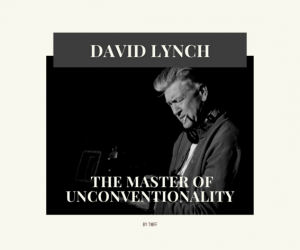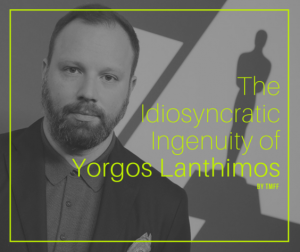Years ago, I watched Locke and was completely blown away by it. The film by Steven Knight took place exclusively inside of a moving car with a single passenger, played by Tom Hardy. And despite this apparent limitation in terms of physical space, it more than made up for it in terms of story exposition and the raw intensity of emotions on display. The most similar film I’ve seen since is this one – The Guilty.
Asger is a police officer from Copenhagen who is forced to temporarily work in an emergency services call centre. He tries to do his best, but his mind often wonders off, as he seems preoccupied by something. Some of the calls he receives do not exactly allow him to get too invested in the job, either – the callers are either rude, or request services for something as minor as a knee bump. And then, out of the blue comes a call which will certainly change the course of Asger’s evening – a kidnapping situation involving an aggrieved mother, worried about the safety of her two children.
The similarity between Locke and The Guilty is that the main character never really leaves a pre-defined space, where no actual action happens, instead contributing to the plot’s development and solving tasks exclusively by telephone. But, while Locke’s all other developments take place off screen, here we actually get to see parts of the action, with the perspective switching between Asger’s call centre and two or three other focal points and/or characters. Given the more dynamic nature of the plot, it would have been hard not to show snippets here and there, so I’m definitely not holding this decision against the film – it’s just that it takes away a bit of the charm of the structure choice. While Locke was situated in a ‘traveling bubble’, Asger is stuck in an office – and at two points during the film, he shifts around from room to room. Apart from contributing ever so slightly to one plot point in particular, this seems rather useless, and is perhaps done in order to alleviate the static nature of the call centre arc.
Another thing that Gustav Möller’s film has in common with Steven Knight’s is that the two main characters have to face both professional and personal struggles of the highest order. Despite their flaws, which are gradually unveiled as key moments in the plot come and go, both men try to reconcile matters and simply do the right thing. The moment when Asger’s sense of duty intersects his own personal feelings is remarkably powerful, and the dramatic tension which emanates from it seems naturally flowing and perfectly timed, rather than artificially forced upon the film’s viewers. The Guilty does extraordinarily well with its pacing, leaving enough room for matters to develop and to be understood, only to then suddenly introduce a paradigm shift aptly represented in Asger’s growing desperation.
With a cleverly written script and a fantastic performance from Jakob Cedergren, The Guilty’s drama certainly does not miss its mark. It is a beautiful spectacle of helplessness and anguish, and the raw power of certain story elements and key moments makes it a memorable experience. It perhaps misses deeper symbolism, and doesn’t take the opportunity to ‘plus one’ in places it could have been expanded upon, but these are merely minor criticisms which can be ignored altogether. More than anything, Gustav Möller’s film proves, once again, that sticking to the basics is not a bad thing. It shows that a drama doesn’t need a multitude of locations to be engaging, and that it most certainly doesn’t need a worldwide apocalyptic scenario to be enjoyable.
TMFF RATING:

















